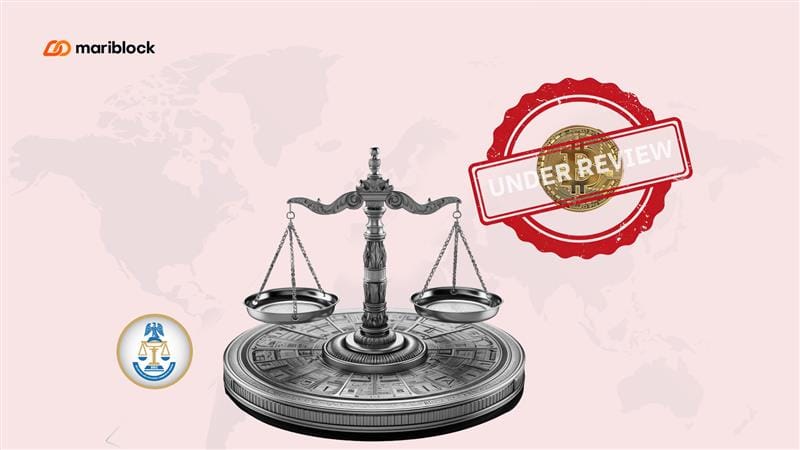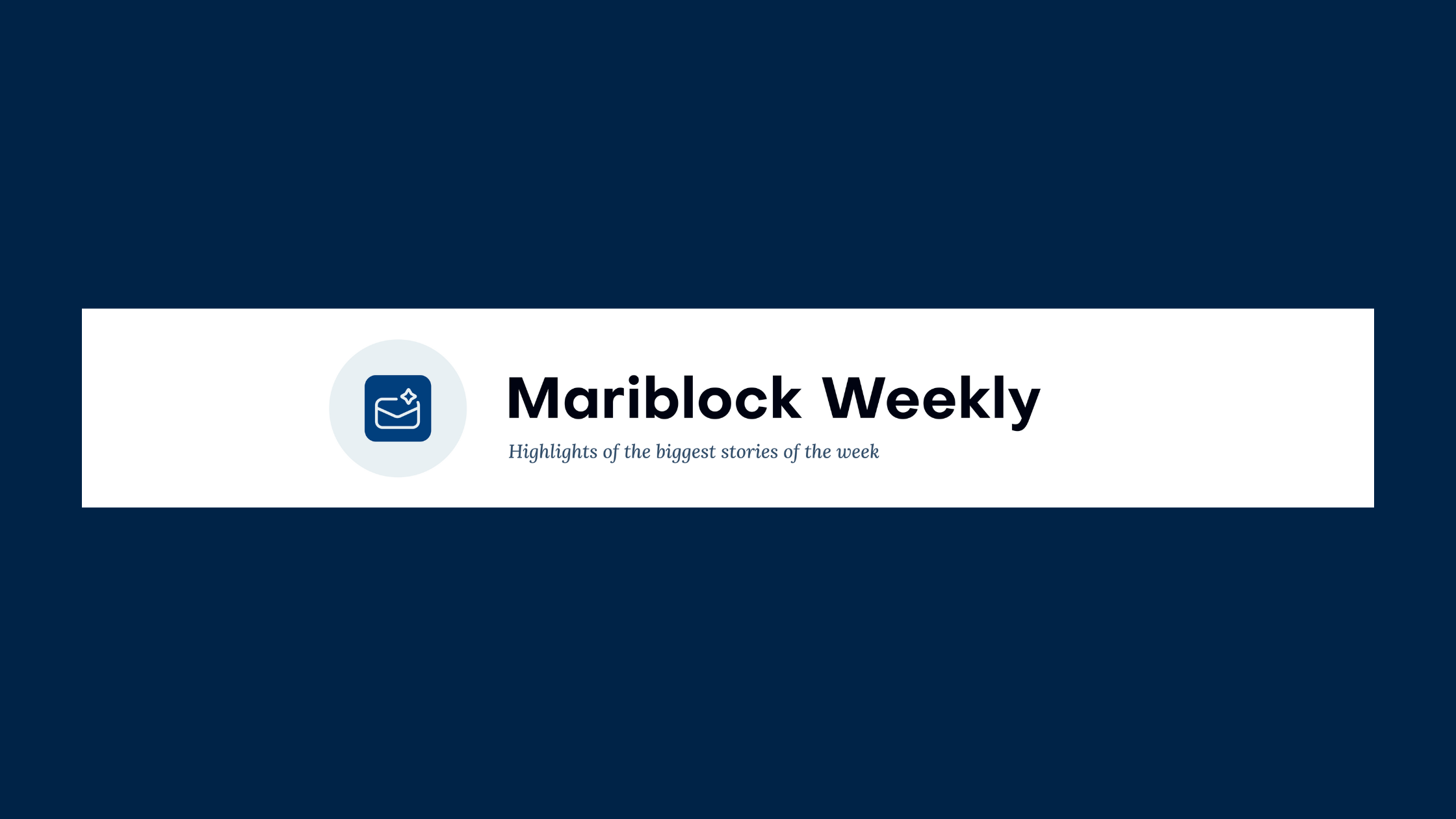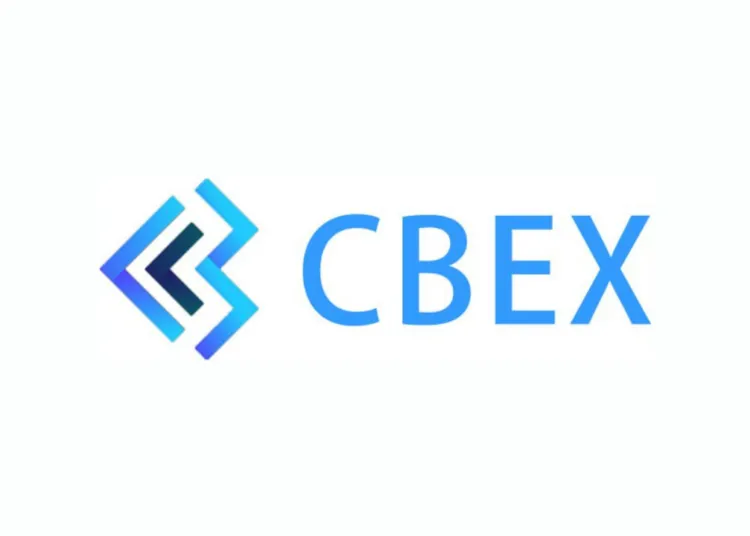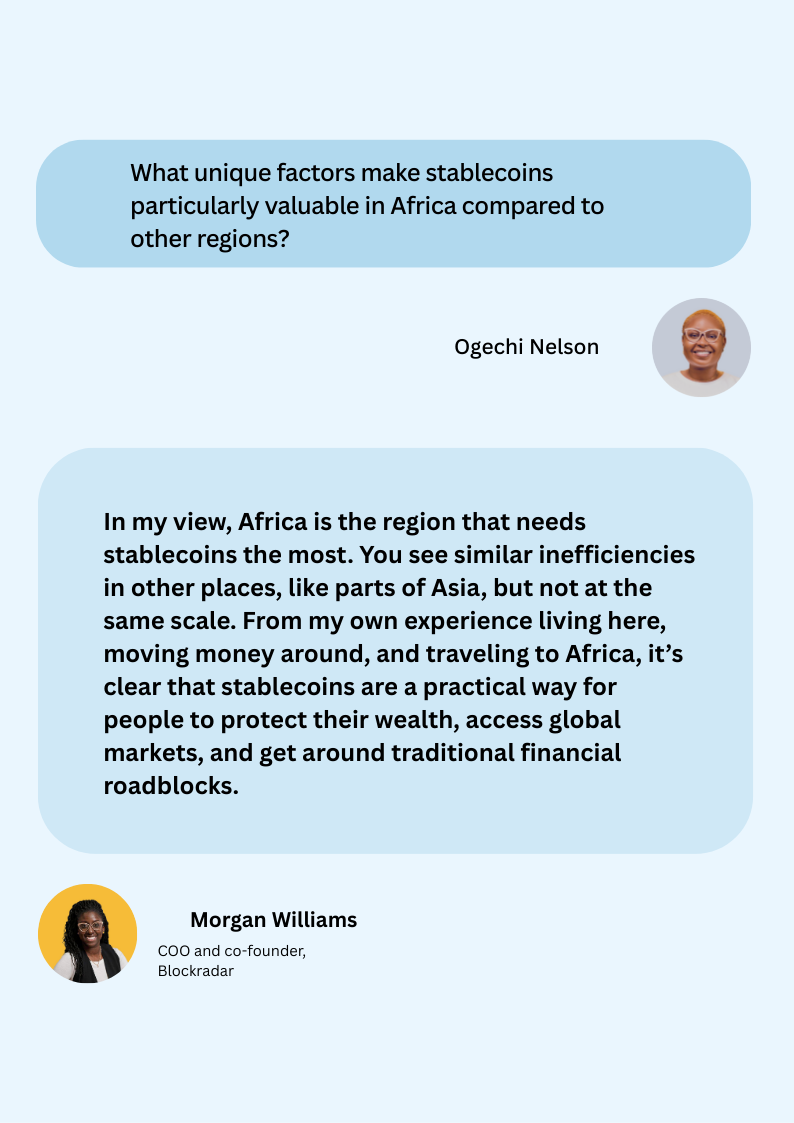Finance
🟠 Nigeria delays more crypto licenses — here’s why
Plus: 🇳🇬 Nigerian blockchain startups raised $20M in 2024, claims 3% of global developers — Report; 🇳🇬🇰🇪 CBEX collapse leaves trail of victims across Nigeria and Kenya; 🌍 “Africa is the region that needs stablecoins the most,” Blockradar co-founder
Mariblock
published: Apr 22, 2025

Nigeria delays more crypto licenses as regulators take a harder look


Topline: Nigeria’s SEC Director General, Emomotimi Agama, has revealed that the regulator is holding off on issuing new crypto licenses, stating that it needs more “due diligence” before bringing additional firms into the regulatory fold. This follows the granting of initial approvals to Busha and Quidax last year. (Details)
Key details: Agama explained during a virtual meeting with fintech stakeholders last Monday that the SEC needs to address some “important issues” that arose from the first round of licensing.
- The SEC is implementing what Agama calls “level three due diligence” before green-lighting new applicants.
- While apologizing for the delays, Agama emphasized that caution is both necessary and unavoidable.
- He said the regulator is collaborating with other financial agencies during the approval process, which is also slowing down the process.
Key background: Last year, the SEC requested virtual asset service providers (VASPs) in the country to register under its regulatory sandbox, the Accelerated Regulatory Incubation Program (ARIP).
- This was a means to fast-track the onboarding process for crypto firms by granting them interim approval through ARIP until the country’s virtual asset regulations come into effect.
- Weeks later, it granted approvals-in-principle to two digital asset exchanges, Busha and Quidax, but has not given any further licenses since.
Nigerian blockchain startups raised $20M in 2024, claims 3% of global developers — Report

Topline: Despite global crypto winter headwinds, Nigerian blockchain startups secured $20 million in funding this year, according to a new report by Hashed Emergent.
The report also reveals that Nigeria now accounts for 3% of the world’s blockchain developers, with over 300,000 active builders in the space. (Details)
The details: The Nigeria Web3 Landscape Report 2024, compiled with help from local firms Quidax, Convexity, and Web3Bridge, paints a picture of an ecosystem showing signs of growth despite challenges:
- Funding deals nearly doubled from last year, although the total amount was down slightly ($2 million less than 2023).
- Blockchain infrastructure firms were the big winners, raising $11 million (a 270% increase from last year) for cross-chain projects like Hyperbridge and Zone.
- Finance-focused blockchain startups pulled in $7M, up from just $2M last year.
- Stablecoins dominated, with Nigerians receiving $24 billion worth in 2024, the highest in Africa.
Key context: Nigeria’s developer community is booming, with interesting trends emerging:
- The country now hosts 300,000 blockchain developers, representing 3% of global talent
- Half of these developers entered the space just within the past year
- While JavaScript remains the top programming language, 39% of developers are specializing in Ethereum’s Solidity and Solana’s Rust.
- Major ecosystems, such as Solana, Base, and Ethereum, are actively funding local projects with grants of hundreds of thousands of dollars.
CBEX collapse leaves trail of victims across Nigeria and Kenya

Topline: The too-good-to-be-true crypto platform CBEX has imploded, leaving Nigerians and Kenyans counting their losses after promising an impossible 100% monthly return on investments.
The platform is now refusing withdrawals and asking users to deposit more money to “unlock” their funds — a classic exit scam tactic. (Details)
The details: CBEX marketed itself as an AI-powered trading platform but showed all the hallmarks of a traditional Ponzi scheme.
- Users were instructed to deposit into crypto wallets with promises of doubling their money in 30 days.
Key context: Nigeria’s SEC Director General has recently warned that unlicensed platforms, such as CBEX, are scams.
- The real China Beijing Equity Exchange (whose acronym was appropriated) distanced itself from CBEX a year ago.
- Despite warnings, the promise of unrealistic returns continues to lure victims, with estimates suggesting CBEX made off with millions of dollars.
- The platform is now claiming it was “hacked” as an excuse for blocking withdrawals.
- Blockchain analysis reveals that funds were immediately transferred through multiple wallets before being converted to ETH and sent to exchanges.
- Some of the receiving wallets have direct links to the darknet marketplace Huione Guarantee, previously flagged by Chainalysis as enabling crypto crime.

Stablecoins are becoming the backbone of digital finance — from cross-border payments to government policy. Each week, we track the most important developments shaping this evolving market for you.
1. One big thing: Circle launches payments network for real-time cross-border settlement
Circle has unveiled the Circle Payments Network (CPN), a new infrastructure connecting financial institutions to enable faster, cheaper, and programmable cross-border payments using USDC, EURC, and other regulated stablecoins. Backed by design partners such as Deutsche Bank, Standard Chartered, Flutterwave and Yellow Card, CPN launches in a limited capacity this May. (BusinessWire)
🧠 Mariblock Insights’ take: Circle is moving beyond stablecoin issuance to build a compliance-first alternative to SWIFT. If CPN gains traction, it could become the backbone of internet-native finance, especially across emerging markets.
2. Stablecoin Transactions Outperform Visa Payments in Q1 Review
A Bitwise review of key crypto data points in Q1 revealed that stablecoins have taken over Visa payments in terms of sheer volume. (Bitwise/Blockworks)
🧠 MB Insight’s take: This provides further evidence that stablecoins are gaining ground in real-world usage, despite the recent crypto market slump.
2. Russia advocates for domestic stablecoins following USDT wallet freezes
A senior Russian finance official is calling for the development of domestic stablecoins following the freezing of several wallets linked to Russian entities by Tether. (Reuters)
🧠 MB Insights’ take: The suggestion of domestic stablecoins in Russia reflects a pattern we’ve seen repeatedly — once institutions interact with stablecoins, they rarely walk away unconvinced.
3. Circle’s Euro Stablecoin (EURC) Experiencing Rapid Market Cap Growth Amidst Trade War
EURC’s market cap jumped from under $84M to over $198M between January and mid-April, fueled by euro strength, DeFi inflows, and regulatory tailwinds. (Cointelegraph)
🧠 MB Insights’ take: Geopolitics and regulation are working in EURC’s favor. As trust in the dollar wanes and MiCA reshapes Europe’s stablecoin landscape, Circle is quietly building an early lead.
More stablecoin headlines
- Italy’s finance minister warns that US stablecoins pose a bigger threat than tariffs.
- Visa is reportedly set to join the global dollar network stablecoin consortium.
- Standard Chartered predicts global stablecoin supply to hit $2 trillion by 2028
- Resolv Labs raises $10M as crypto investor appetite for yield-bearing stablecoins soars.
- Bleap teams up with Mastercard to scale stablecoins through integration with traditional financial systems
- Tether invests in Fizen to boost global stablecoin adoption
One Take from Sidebar
In our second edition of Sidebar, a Q&A series spotlighting voices shaping Africa’s blockchain future, we spoke with Morgan Williams, of Blockradar, about the company’s launch out of beta, the rising importance of stablecoins in Africa, and what’s next for the team.

Catch up

🌍 Blockradar appoints ex-Coinbase operations lead Morgan Williams as COO (Mariblock)
🇿🇦 South African crypto asset platform launches tokenised Krugerrands (MyBroadband)
🇳🇬 ‘To date, we have over 430,000 data nodes across Africa,’ says the co-founder of XYO, a DePIN location data solution. (BitKe)
Opportunities
- Sign up for Bybit Academy via AltSchool Africa here.
- Mento Labs’ Global Stablecoin Hackathon is now open till May 2. Sign up here.
- The Network School is launching a $100,000 fellowship for founders and creators. Apply here.
- UNICEF Venture Fund is offering $100,000 in equity-free funding for blockchain and frontier technology startups. Apply here.
That’s all for this week!
If you found this helpful, please consider sharing it with a friend or colleague or forwarding it online.
Till next week,
Ogechi.
Read More